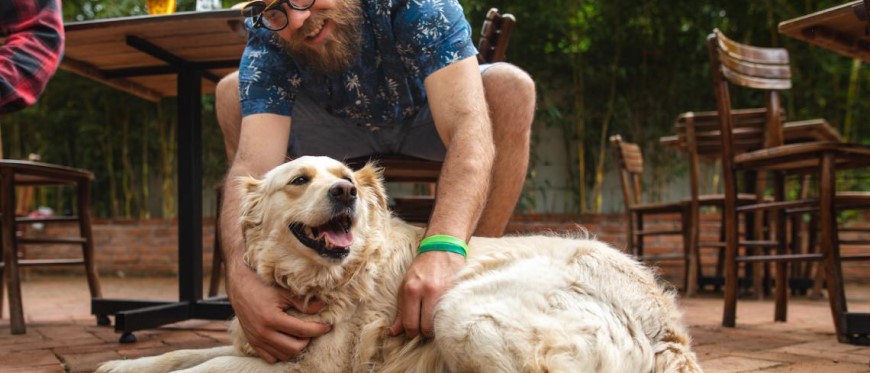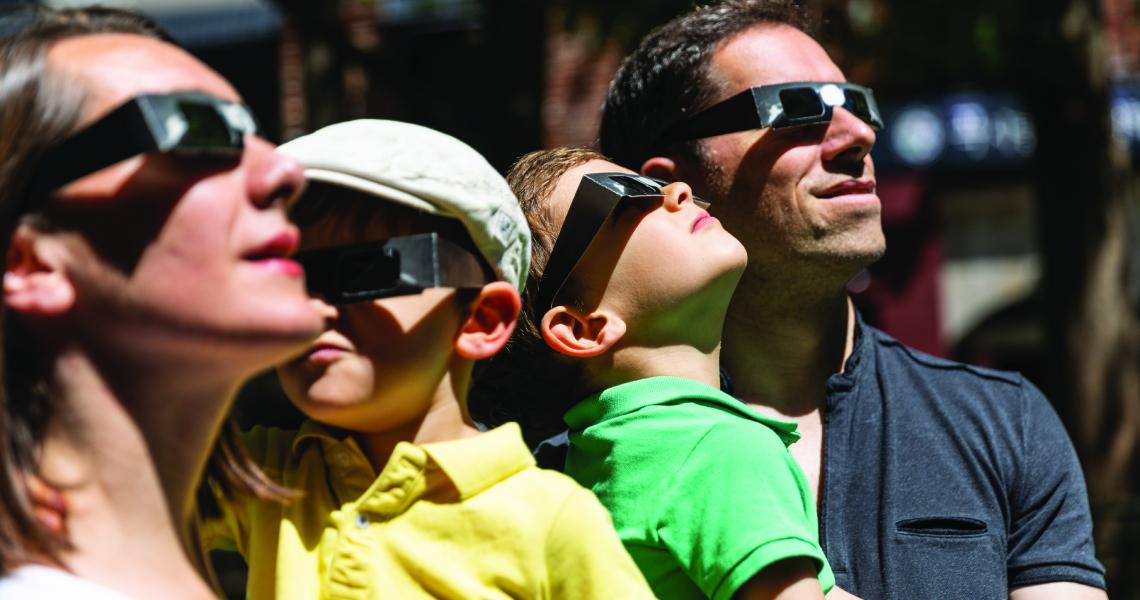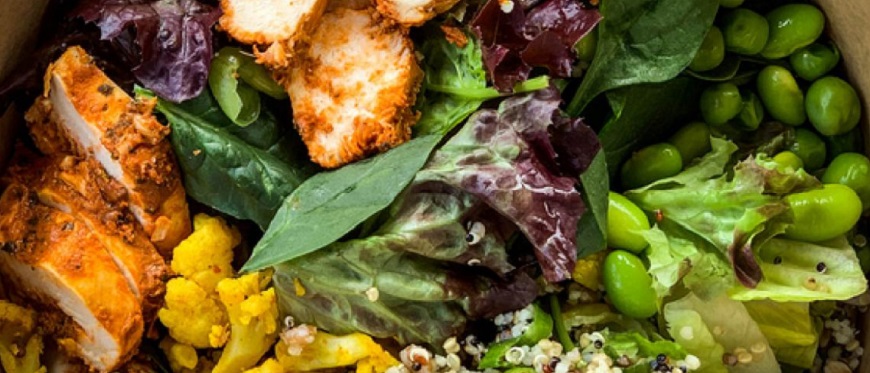The perfect summer day could include a bike ride, a boat cruise, and some swimming. In the evening, a cookout, campfire and time with friends (human or otherwise).
For many of us, these types of summer activities are often accompanied by a cold, alcoholic drink. Knowing that too many drinks can quickly send that summer day south, we spoke with one of our experts about the particular risks of alcohol use during the summer, and ways to keep yourself and your loved ones safe.
“People think, ‘it’s just alcohol. It’s not dangerous,’” says Javad Mashkuri, MD, an emergency medicine physician at The University of Vermont Health Network – Central Vermont Medical Center. Dr. Mashkuri is also one of the founding members of the Central Vermont Prevention Coalition, a community organization dedicated to substance use prevention, harm reduction, treatment and recovery. “Alcohol is such a big piece of everything we celebrate, and it has been for eons. And it’s everywhere. For some people, that becomes problematic.”
Dr. Mashkuri says he sees the impact of alcohol during every ER shift. And, he says, higher temperatures do mean higher risk.
“If it’s hot, you’re already losing fluids from sweating. Then, you add the alcohol, and you have two things that are dehydrating you,” he explains. “Also, if you’ve just done something vigorous, you might be tempted to drink too quickly. Plus, you might not be eating as much if it’s hot or you’ve been outside all day.”
All of these things add up to alcohol affecting you more quickly in the summer, which people need to keep in mind as they celebrate.
“First of all, if you’re impaired, you shouldn’t be behind the wheel of anything,” whether a car, a boat, a motorcycle or an ATV. “Some of the worst things I’ve seen in the emergency department are people who have been in ATV accidents,” Dr. Mashkuri says.
He adds that our ability to guide any moving object is impaired when we’ve had too much to drink, so the same message applies to activities like biking and waterskiing.
“We see people drown every year who are intoxicated,” Dr. Mashkuri says, noting that you should never go swimming, or participate in other watersports, when you’ve had too much to drink.
What are some tips for staying safe?
Dr. Mashkuri notes that any everyday activity becomes more dangerous after a few drinks. “There’s just more risk of injury in general from being intoxicated, sports or vehicles aside,” he says. In particular, he encourages people to rethink things like grilling, home repairs, and especially fireworks, when alcohol is involved.
People should also take a thoughtful approach to their drinking, he says, which means planning ahead and trying to stick to moderate consumption levels. For men, that means no more than two drinks a day on average, or no more than five at one time; and for women, no more than one drink a day on average, or no more than four at one event.
“People should also understand what we mean by the ‘standard drink,’” beyond just the typical guidance that a 12-ounce can of beer, equals a five-ounce glass of wine which equals a shot of hard liquor. “Especially in Vermont, we have all of these double IPAs, which are much stronger, so each of those is worth two regular beers. When people order margaritas that are the size of a bowl, that’s two or three drinks right there.”
Dr. Mashkuri also offers the following tips for celebrating safely.
- Before you go out, set a limit of how much you plan to drink.
- Have a strategy, which includes a designated driver. “You definitely need to plan ahead, because unfortunately services like Uber and Lyft, and even taxis, aren’t always easy to find in our region,” Dr. Mashkuri says.
- Don’t drink more than one “standard” drink an hour, because it takes that long for the body to metabolize it.
- Have a glass of water between drinks.
- Make sure you eat while you’re drinking.
- If you’re worried about comments or questions from others, pour yourself a glass of seltzer with lime, which can look like an alcoholic drink. “Peer pressure is real, especially with younger people, but there are ways around it. People don’t have to know you’re not drinking alcohol,” he says.
I think I might have a problem. What do I do?
First, Dr. Mashkuri emphasizes that you wouldn’t be alone. Every age group in Vermont, from 12-year-olds up to seniors, drinks more than the national average, he says. And in 2022, alcohol-related deaths in Vermont surpassed deaths related to opioids, an unfortunate statistic that he attributes partially to the isolation of the COVID-19 pandemic.
“Sales of alcohol during COVID were way up,” he says. “People were isolated from each other and from their usual social supports, and we had nothing else to do. So the next thing you know, you’re having one or two drinks a night every night of the week. It really caused a lot of people to drink more, and at risky levels.”
However, he says, “People should know that there is help for problem drinking, and there are many different options. Options range from faith based programs like AA to speaking with recovery coaches and counselors, all of whom take different approaches. There are also medications to decrease cravings, decrease heavy drinking, improve sleep, and remove the euphoria that comes from alcohol, so the incentive to drink goes away.”
In Vermont, you can connect with treatment options through VT Helplink, either online or by calling 802-565-LINK or 211. In New York, you can find a list of treatment options by type and by region at oasas.ny.gov.
I think my friend has a problem. How can I help?
Don’t tell them they have to quit, says Dr. Mashkuri. Instead, show concern and give them options.
“You could start by saying, ‘I’m worried about how you’re doing.’ Voicing concern for someone you care about is a loving and caring act,” he says.
“Then, ask them if they’re worried about it, too. Some people may be in denial, but a lot of times, people know they have a problem and will admit to it. It’s easy to assume someone won’t want to talk, but a lot of times, they do,” Dr. Mashkuri says. “Just by bringing it up and expressing concern, that can open up a conversation.”
He also points out that reducing risk or harm related to alcohol use isn’t an all-or-nothing thing, and being healthier and safer may not require someone to stop drinking altogether. By simply reducing the amount or the frequency of their drinking, your loved one can make huge improvements in their health and reduce their risk of harm.
As far as reducing the risk of mixing alcohol with summer fun, Dr. Mashkuri says, “People can have fun and celebrate responsibly if they’re thoughtful about it. If you do that, you can have an enjoyable time and be safe. And if you can’t be safe, there’s help, and don’t shy away from talking to someone about it.”





